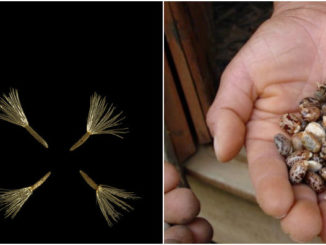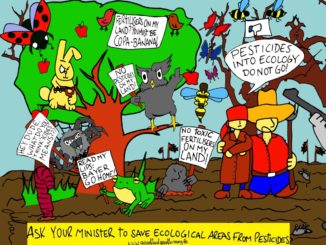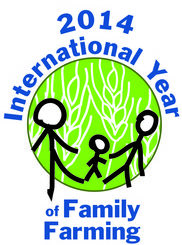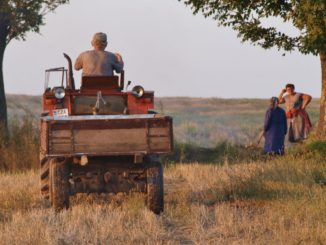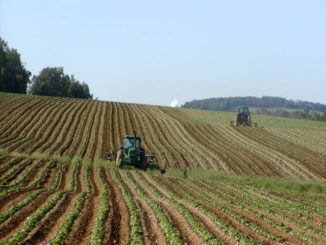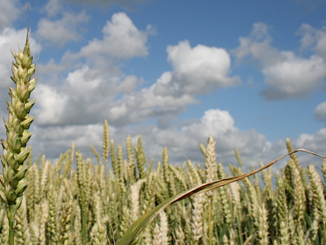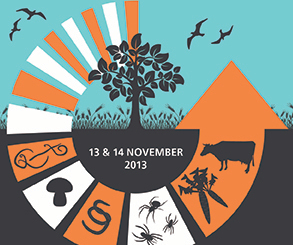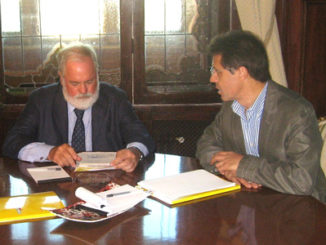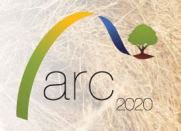
ARC NEWSFLASH March 2014
Dear friends and supporters, In March, the fourth round of negotiations on the Transatlantic Trade and Investment Partnership (TTIP) will take place in Brussels. Since the last round of negotiations in December, more evidence the secretive nature of these negotiations has emerged, as reported by Corporate Europe Observatory: “In the 29 documents which were ‘partially released’, DG Trade has removed large parts of the text (…). In some cases, like a meeting with lobbyists from Fertilizers Europe, every single word has been removed from the document.” A glimmer of hope was offered at the end of January, when the Commission announced a public consulation on the so-called investor state dispute settlement (ISDS) part of the agreement. According to the official press release, the decision follows ‘unprecedented interest in the talks’ and in early March, De Gucht will publish a proposed EU text for the investment part of the talks on which people across the EU will have three months to comment. We featured an opinion piece on thethreats the TTIP poses to Romanian peasants and farmers, and a prognosis of TTIP stakeholder […]



